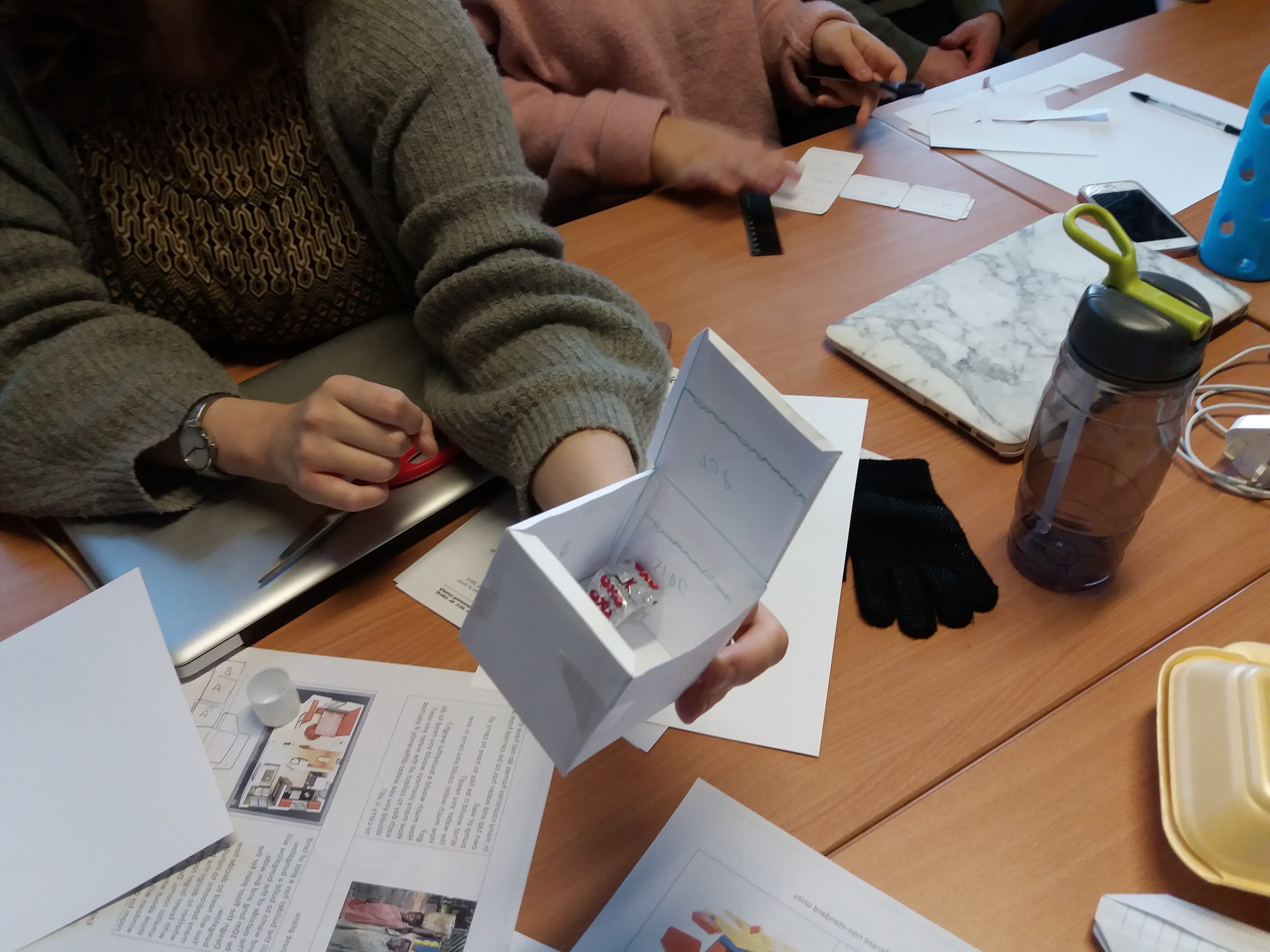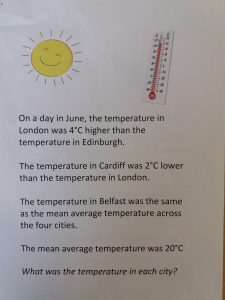
October 9, 2018, by Rupert Knight
Good habits? Habits of mind and mastery in the primary mathematics classroom
Primary mathematics teaching in the UK is undergoing something of a revolution as the roll-out of mathematics mastery continues. In this post, Rupert Knight considers how this relates to the idea of mathematical habits of mind and metacognitive strategies at a time when a new 2018 Education Endowment Foundation report has brought metacognition into the limelight once again.
It is probably fair to say that, in many schools, mathematics lessons have changed considerably in the last few years due to the influence of mastery. Mastery is a term that has been used (or mis-used) in various way to refer to ideas including a belief system, a curriculum structure and a depth of understanding. In this case, I am referring chiefly to a set of pedagogical practices in mathematics, the essence of which, according to the NCETM includes features like:
-
Whole-class interactive teaching
-
A belief in success for all and all pupils moving on together, made possible by early interventions for individuals who are slower than others to grasp key ideas and understanding
-
Procedural fluency and conceptual understanding developed in tandem, through ‘intelligent practice’
-
Time spent developing deep understanding of key ideas
This ties in, of course, to some extent with the National Curriculum’s three aims of fluency, reasoning and problem-solving, but has the mastery approach brought about a shift of pedagogical emphasis that has affected the way that primary pupils approach, think about and manage their mathematics learning?
Certainly, such claims seem to be made by some commercial programmes. The widely used textbook scheme Maths No Problem asserts that its mastery approach builds self-confidence and resilience, while Mathematics Mastery refers more specifically to developing ‘habits of mind’ in terms of pupils’ abilities to be systematic, generalise and seek out patterns.
The term ‘habits of mind’ implies a way of thinking and behaving that goes beyond specific strategies for problem solving and might be better conceived of as thinking like a mathematician. So what might that involve?
Various mathematical habits of mind are proposed in publications such as this chapter from Kenneth Levasseur and Al Cuoco and this article by Paul Goldenberg and Nina Shteingold. Al Cuoco, Paul Goldenberg and June Mark in this seminal article highlight, for example, mathematical habits of mind that result in students who are:
Pattern sniffers, experimenters, describers, tinkerers, inventors, visualizers, conjecturers and guessers.
Drawn from these various sources, habits that could be especially useful for primary pupils might include:
-
Conjecturing
-
Pattern spotting
-
Classifying
-
Representing in multiple ways
-
Experimenting
-
Justifying claims
At a time when there is much focus on more general attitudes and learning behaviours, exemplified in a mathematical context by Jo Boaler’s work on mathematical mindsets, perhaps the time is right to extend this interest to these more mathematically-oriented behaviours, or habits.
All of these approaches are superficially compatible with the mastery emphasis on conceptual understanding alongside procedural fluency, or the idea of extension through exploring in greater depth. All of them could be modelled by a teacher throughout a typical mastery style lesson. Nevertheless, the word ‘habit’ implies to me something that the learner needs to internalise and apply somewhat independently.
Revisiting the EEF’s recommendations for developing metacognition and self-regulated learning, it is instructive to see that, alongside teacher modelling, there is also an emphasis on helping pupils to ‘organise and effectively manage their learning independently’. Furthermore, many of the habits of mind cited above seem to centre on exercising a degree of judgment in the face of uncertainty. The challenge for teachers may therefore be to retain sufficient opportunities for pupils to explore and wrestle with problems without explicit guidance.
We have recently begun some video analysis of pairs of upper Key Stage Two pupils’ independent problem solving and it has been striking to see how limited many pupils’ habits have been.
Take a problem like this:

This affords many opportunities for initial conjecture, diagrammatic representation, experimenting and ongoing justification of emerging claims. What we found were pupils who were procedurally competent and often comfortable articulating their reasoning but who struggled to engage with the big picture of the problems.
Our videos showed that thinking often relied on low level strategies such as retrieving and reiterating key facts, often in a circular, unproductive way. The problems were not seen or represented holistically and there was a distinct reluctance to conjecture, experiment or ‘tinker’ with what was provided in any playful or creative sense.
There is no suggestion here that either these pupils or their teaching were necessarily deficient in some way. However, in the mastery mathematics classroom, with its emphasis on skilful teacher exposition and highly targeted interventions, pre-or post-teaching, in order to ensure no pupil slips through the net of shared understanding, I wonder sometimes whether there is a danger that pupils infrequently experience getting stuck. John Mason has frequently described being stuck as an ‘honourable state’, through which much can be learned. This, he suggests, is a moment for pupils to have time to reflect and call upon actions from their developing repertoire. In moving learners on as a single group and at pace, are we overlooking this? None of this need be in conflict with the use of a mastery pedagogy but it reminds us that there are many facets to mathematics teaching and teachers need to retain their own sense of professional judgment.
Some questions to consider:
-
Is the idea of mathematical habits of mind a meaningful one for you? If so, what are the most powerful habits for the primary classroom?
-
How should/could productive mathematical habits be promoted? Al Cuoco, mentioned above, suggests organising the curriculum around them. This may not be feasible but should the habits be explicitly taught or left implicit in deliberately designed opportunities?
-
How do we strike a balance between, for example, teacher modelling and pupil independence or between progress at pace and time to get oneself ‘unstuck’?
It would be great to see your thoughts.
No comments yet, fill out a comment to be the first

Leave a Reply